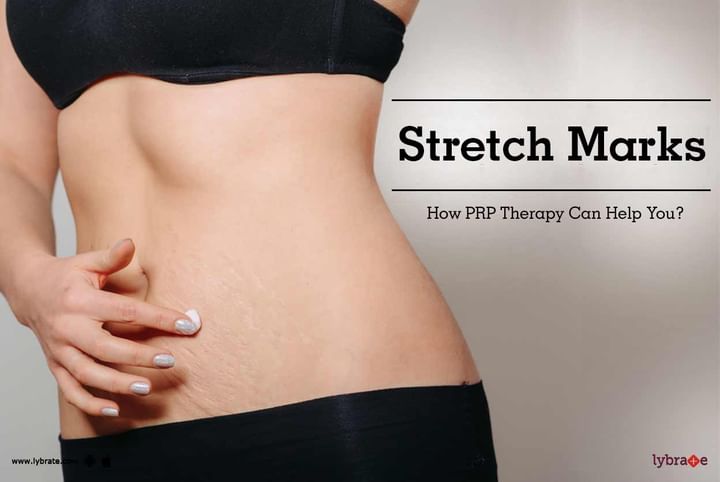Stretch Marks - How PRP Therapy Can Help You?
The skin is an elastic organ (yes, it is an organ!), but only to a certain extent. It has a limit to which it can accommodate the underlying tissues. With the increase in bulk, for example, puberty, pregnancy, muscle mass building or surgical implants, the skin is made to stretch beyond its limits. What happens is this stretch causes the skin to stretch too, and these stretch marks or striae become an unpleasant thing that needs to be hidden.
Dressing needs to be changed so that they are not showing. Dermatologists see a big demand for getting rid of these marks too. There have been conventional, time-tested methods which help in getting rid of these. However, with newer advancements in dermatology, the platelet rich plasma is being widely used for getting rid of these stretch marks.
Why stretch marks?
In any of the scenarios above, the stretch marks appear because there is a lack of underlying supportive tissue when it is stretched out. There is a lack of collagen and connective tissue, causing stretch marks. These are most evident in fat collecting areas like breasts, abdomen, thighs, upper arms, etc.
What is platelet-rich plasma or PRP?
The blood is composed of a liquid portion known as plasma, which contains three main types of cells i.e. white blood cells, red blood cells, and platelets. The white blood cells are the ones responsible for fighting infections. The red cells give blood its color and also are responsible for carrying nutrients to the various organs. The platelets are tiny fragments of cells which help in blood clotting. Platelets are also rich in what are called totipotent cells, which can grow into any type of cells. When the body is affected, due to injury, infection, trauma, etc., these get concentrated in the affected area and are produced in large numbers to help in the recovery of the particular affected area.
Technique:
The area to be treated is isolated and prepared. Blood is centrifuged to remove other cells and obtain platelet rich plasma. This RPR is injected into the underlying layers of the skin. This induces the release of growth factors into the connective tissue space. Collagen is produced over a period of time, which causes the skin to become taut and lose the stretch marks. The injection can be repeated if required on the topmost layer. It can also be mixed with thrombin to form a gel, which is then used similarly. Using it both in the underlying and superficial layers helps in completely getting rid of the marks.
Studies have shown a reduction in both the depth and size of the stretch marks and some might require two to three repeat injections. In case you have a concern or query you can always consult an expert & get answers to your questions!
Related: Also, check Pregnancy Stretch Mark Cream - Get A Sample For Free



+1.svg)
